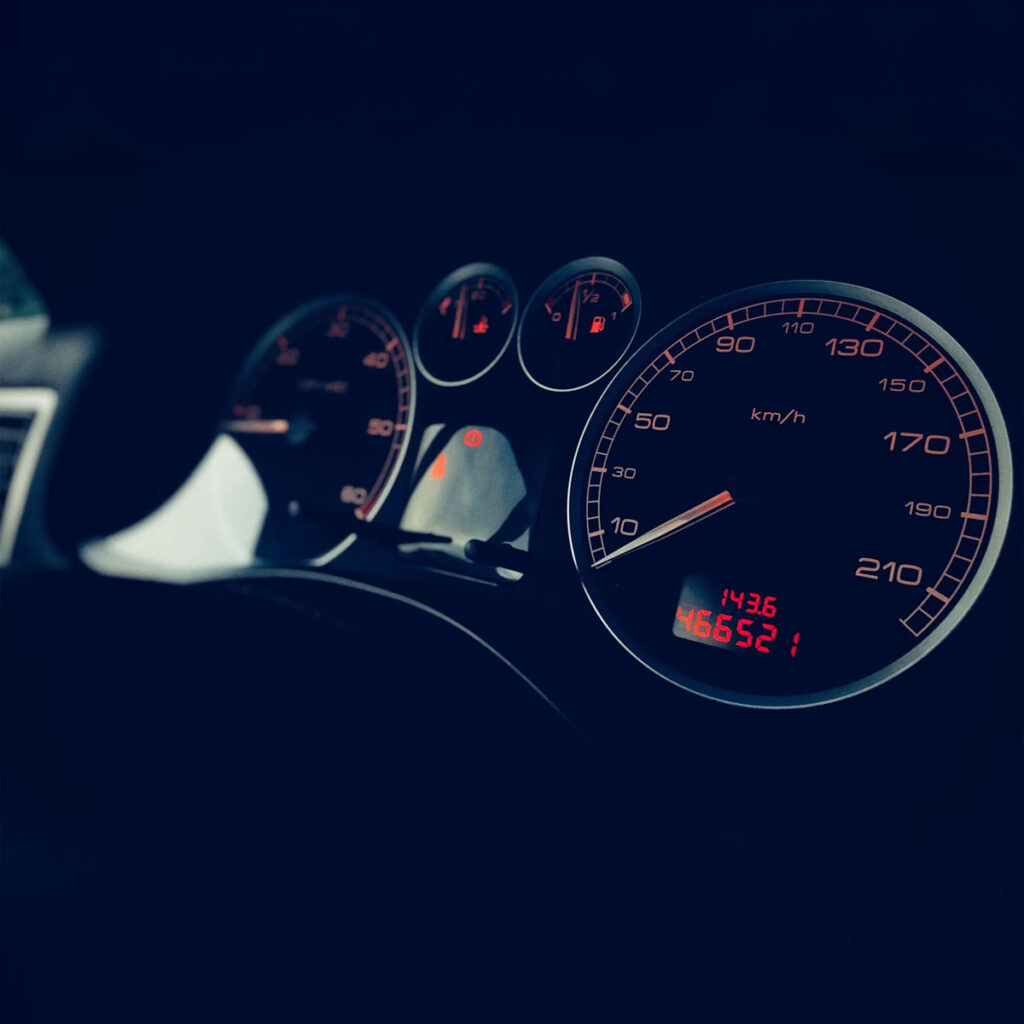When planning a road trip or maintaining your vehicle, knowing how to perform accurate unit conversions is essential. From calculating miles to km for your journey to ensuring correct tyre pressure with psi to bar conversions, these small but crucial details can significantly impact your driving experience. Drivers often encounter varying units for speed, distance, pressure, and power depending on the region, so being prepared can save time and enhance safety.
Unit conversions are not just about numbers; they are practical tools that enhance a driver’s overall experience by saving time and improving safety. For example, understanding how long your car tyres will last based on your mileage or properly inflating tyres using 2.5 bar em psi can prevent breakdowns and improve fuel efficiency. Let’s explore the key conversions and insights every driver needs, from planning your road trip to choosing the best tyres.
Converting Miles to Kilometres and Kilometres to Miles for Road Trips
When planning a journey across regions with different measurement systems, converting miles to km or km to miles is crucial for calculating distances accurately. This ensures you can estimate travel times, fuel consumption, and even the durability of your tyres during the trip.
- 1 mile equals approximately 1.609 kilometres.
- 1 kilometre equals approximately 0.621 miles.
For instance, if your road trip spans 500 miles, converting this to kilometres gives you 804.67 km. This can help you plan fuel stops and calculate overall driving time. Similarly, converting km to miles is useful when reading international travel guides or using GPS systems that display distances differently.
To make your trip seamless, consider using online tools or apps that integrate distance conversions and provide clear calculations.
PSI to Bar and Bar to PSI for Tyre Pressure Accuracy
Tyre pressure is a vital aspect of vehicle maintenance. Depending on the region and manufacturer, tyre pressure may be measured in PSI (pounds per square inch) or bar. Understanding how to convert between these units ensures your tyres are properly inflated, which directly impacts safety, fuel efficiency, and tyre lifespan.
- 1 bar equals approximately 14.5038 PSI.
- 1 PSI equals approximately 0.0689 bar.
For example, if your car manual recommends a tyre pressure of 2.5 bar, converting this to PSI gives approximately 36.3 PSI. Ensuring your tyres are inflated to the correct pressure prevents uneven wear, improves handling, and reduces the risk of blowouts during long drives.
Calculating Tyre Lifespan Based on Road Trips
The lifespan of your car tyres depends on various factors, including road conditions, driving habits, and maintenance. Most tyres last between 20,000 and 50,000 miles, but this can vary significantly. To estimate how long your tyres will last during a road trip, consider:
- Mileage per day: Calculate how many miles you plan to drive each day.
- Tyre wear rate: Assess your tyre’s current condition and wear pattern.
- Road conditions: Rough or uneven roads can accelerate wear.
For instance, if you plan a 1,000-mile road trip and your tyres are rated for 40,000 miles, this trip will use approximately 2.5% of your tyre’s lifespan. Monitoring your tyres’ tread depth before and after the trip can help ensure they remain safe for continued use. Use a tread depth gauge to measure the remaining depth accurately, or rely on the simple coin test by inserting a coin into the grooves to check wear. Ensuring your tread depth meets legal and safety requirements will reduce the risk of skidding or hydroplaning during your journey.
Choosing the Best Tyres for Your Journey
Whether you’re looking for Michelin tyres, searching for tyres near me, or comparing tyre prices, selecting the right tyres is critical for a smooth and safe journey. Consider the following factors:
- Tyre Type: All-season tyres are versatile, while summer or winter tyres offer specialised performance in specific weather conditions.
- Durability: Look for tyres with high mileage warranties.
- Traction: Ensure the tyres provide excellent grip for the terrain you’ll be travelling on.
- Mobile Tyre Fitting: Opt for mobile tyre fitting services to replace or adjust your tyres conveniently before hitting the road.
Mobile tyre fitting services bring professional care directly to your location, ensuring your tyres are properly installed and balanced without the hassle of visiting a workshop. These services are particularly beneficial in emergencies, such as a sudden flat tyre, or during busy schedules when finding time to visit a garage is challenging. By offering on-the-spot solutions, mobile tyre fitting enhances both safety and convenience for drivers. This is especially beneficial for emergencies or last-minute preparations.


Speed Conversions: MPH to KPH and KPH to MPH
Understanding speed conversions is essential when driving in different countries. Speed limits are often displayed in MPH (miles per hour) or KPH (kilometres per hour), and knowing how to convert between these units keeps you compliant with local laws.
- 1 MPH equals approximately 1.609 KPH.
- 1 KPH equals approximately 0.621 MPH.
For instance, if you’re driving at 60 MPH in a country with metric speed limits, converting this to KPH gives approximately 96.5 KPH. Similarly, a speed limit of 120 KPH translates to roughly 74.6 MPH. Having a clear understanding of these conversions can prevent fines and ensure safety.
Other Key Conversions for Drivers
KPA to PSI and PSI to KPA
Some tyre gauges measure pressure in KPA (kilopascal) instead of PSI. Knowing how to convert between these units ensures accurate readings:
- 1 KPA equals approximately 0.145 PSI.
- 1 PSI equals approximately 6.895 KPA.
KPA to Bar
Similarly, converting between KPA and bar is important for tyre pressure measurements:
- 1 bar equals 100 KPA.
- 1 KPA equals 0.01 bar.
1 Mile to KM
To calculate specific distances for trips or fuel requirements, use the conversion of 1 mile to 1.609 kilometres. This helps ensure accurate route planning and efficient driving.
How to Plan a Road Trip with Confidence
Planning a successful road trip involves more than just knowing conversions. It also requires ensuring your tyres are in optimal condition, checking tread depth and pressure, and carrying an emergency kit equipped with tools, first-aid supplies, and spare tyres. These preparations not only enhance safety but also ensure a smoother and stress-free journey. Here are a few tips to make your journey hassle-free:
- Check Tyre Condition: Inspect tread depth and pressure before setting off.
- Use Conversion Tools: Download apps that provide instant unit conversions for distance, speed, and pressure.
- Plan Fuel Stops: Use your distance calculations to determine where and when to refuel.
- Choose Reliable Tyres: Invest in durable, high-performance tyres that suit your driving conditions.
- Consider Mobile Tyre Fitting: Schedule a tyre check or replacement service to ensure your vehicle is road-ready.
The Benefits of Mobile Tyre Fitting for Road Trips
Mobile tyre fitting is a game-changer for drivers preparing for long journeys. These services not only provide unparalleled convenience by bringing professional tyre care directly to your location but also significantly enhance safety by ensuring your tyres meet all necessary standards before hitting the road. According to recent customer feedback, 95% of drivers who used mobile tyre fitting reported feeling more confident about their journey. Additionally, industry statistics show that vehicles with properly fitted tyres are 20% less likely to experience roadside breakdowns. This combination of ease and reliability makes mobile tyre fitting an invaluable resource for travellers. Whether you need new tyres or quick adjustments, these services bring expert care directly to your home or office. They save time, reduce stress, and ensure your tyres meet safety standards before you hit the road. For travellers, this convenience is invaluable, allowing you to focus on the journey ahead without worrying about tyre issues.
